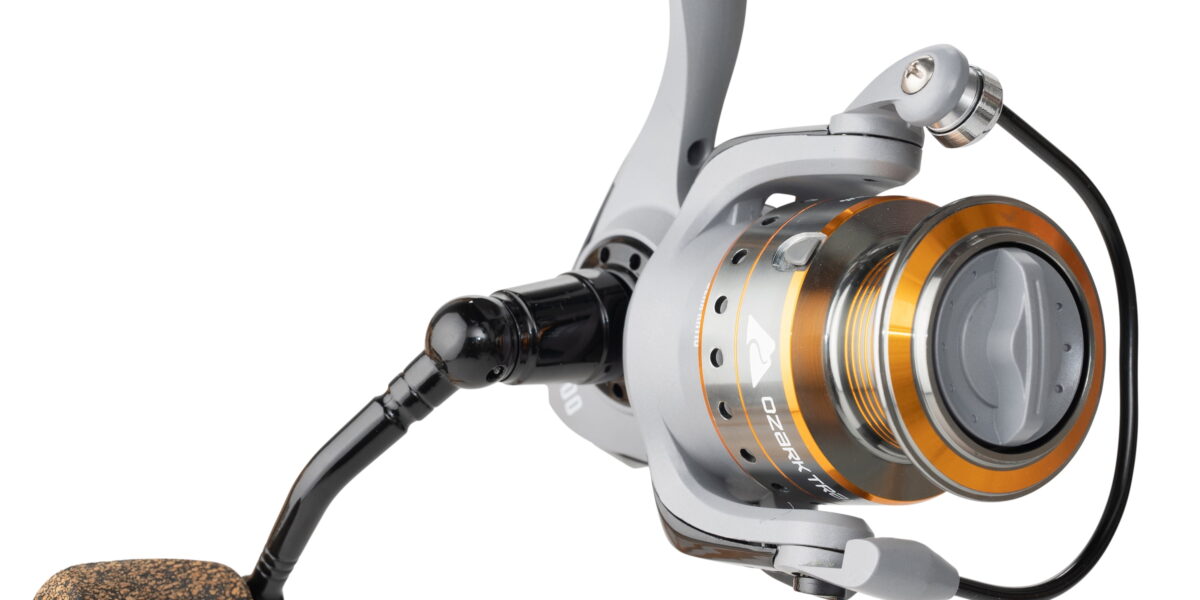When it comes to the diet of saltwater fish, the aquatic world offers a diverse buffet, including everything from tiny plankton to large fish. Among these varied food options, worms play a significant role in the diets of many marine species. This article explores the relationship between saltwater fish and worms, shedding light on the types of worms consumed and the reasons why these invertebrates are an important food source in marine ecosystems.
Worms are a natural part of the marine environment, thriving in the sediment, on coral reefs, within decayed logs, and even freely swimming in the water column. There are several types of worms that saltwater fish may consume, including polychaetes, nematodes, and annelids. Each type of worm has its own unique habitat and characteristics, which make them suitable for different kinds of fish.
Polychaetes, or bristle worms, are particularly common in saltwater environments. They live in burrows or tubes in the sea floor, and their segmented bodies and bristles make them easy to recognize. These worms are an important food source for bottom-feeding fish such as wrasses, gobies, and some species of flounder. The fish hunt these worms by sifting through the substrate or by actively digging them out of their hiding spots.
Nematodes, or roundworms, are another group of worms found in marine environments. Though they are less visible than polychaetes, nematodes are ubiquitous in marine sediments and are consumed by a variety of fish, particularly those that feed on detritus or decomposing organic matter. These worms are often tiny and may be ingested in large numbers by fish grazing on sediment.
Annelids, which include the common earthworm, are less frequently found in saltwater environments but can be present in estuarine areas where fresh and saltwater mix. Some saltwater fish species that move between fresh and brackish waters may consume annelids as part of their varied diet.
Beyond the direct consumption of worms, these creatures also play a crucial role in the food web by breaking down detritus and organic matter into simpler forms that can be utilized by other marine organisms, including fish. This process helps maintain the health of the marine ecosystem, ensuring that nutrients are cycled efficiently.
In conclusion, worms are indeed a vital part of the diet for many saltwater fish. They provide essential nutrients and serve as a linkage in the complex food web of marine ecosystems. For anglers and marine enthusiasts, understanding which fish consume worms can also enhance fishing strategies and appreciation for the intricate connections within marine life. As research continues, the fascinating dynamics between saltwater fish and their wormy prey will undoubtedly reveal even more about the biodiversity and functioning of our oceans.






Leave a Reply